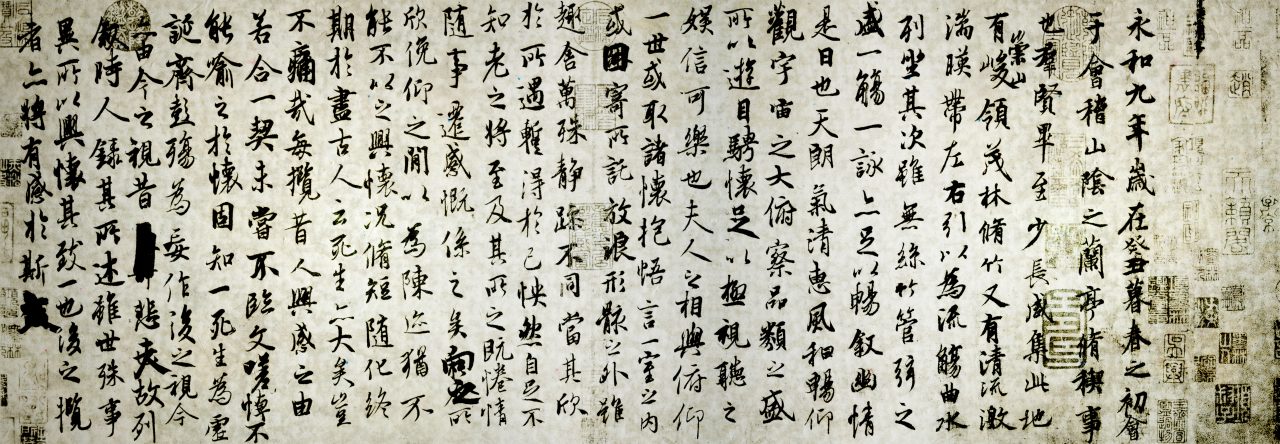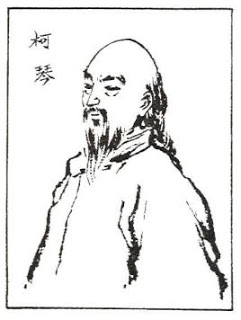“In Cold Damage which has resolved following sweating, purging or vomiting, [but there is now] a hard glomus below the heart and belching which will not resolve, Xuán Fù Dài Zhě Shí Tāng (Inula and Hematite Decoction) governs.”
In cold damage, cold damages the heart. Now if sweat is effused, or one is purged or made to vomit, heart qi will become majorly deficient, and exterior cold will exploit this deficiency and bind below the heart. Heart qi will be unable to descend and instead ascend upwards resulting in noise [belching]. The sovereign [medicinal] governs the manifestation of this fleeing. Belching is the sound of pain. It cannot be referred to as sound, but should be named qi. Qi follows the sound and is seen on the outside.
Xuán Fù Huā 3 liǎng
Gān Cǎo 3 liǎng
Rén Shēn 2 liǎng
Bàn Xià half a shēng
Shēng Jiāng 5 liǎng
Dà Zǎo 12 pieces
Use one dou of water for the above 7 ingredients, and boil until 6 shēng remain. Remove the dregs, and simmer again until 3 shēng remain. Take 1 shēng warm, three times daily.
This formula is shēng jiāng xiè xīn tang with huáng qín, huáng lián, and gān jiāng removed, and xuán fù huā and dài zhě shí added. In a heart qi deficiency a xiè xīn tang [formula] should not be taken, and can therefore be controlled with this formula. The heart governs the summer, and xuán fù huā reaches its end stage in the summer. Its salty flavor can supplement the heart, soften hardness, and disperse bound qi. Bàn xià grows at the beginning of summer, and its acrid flavor can scatter pathogens, disperse glomus, and move bound qi. Dài zhě shí is endowed with the fire of the south, which enters and frees the heart, scatters hard glomus, and settles the deficient counterflow. The sweetness of rén shēn, gān cǎo, and dà zǎo assist xuán fù huā in draining deficient fire, while acrid shēng jiāng assists bàn xià in scattering bound water. This will result in the dispersal of the hard glomus, and the elimination of belching. If huáng qín and huáng lián are used to drain the heart, how can one protect subtle yang from not being extinguished?
Kē Qín (柯琴), courtesy name Yùn Bó (韵伯) (1662 – 1735) was a Qīng Dynasty Shāng Hán Lùn (傷寒論 Discussion of Cold Damage) scholar, from Cí Xī county in Zhè Jiāng province. A prolific writer, Kē authored several books in his time and was a large proponent of the ‘school of formula types’ (方类证派), famously saying, “Patterns are differentiated from the conformations, therefore the pattern is named after the formula (证从经分,以方名证).”


I really love these translations. Thank you.
Thanks so much Brandt, really appreciate it!
Thank s